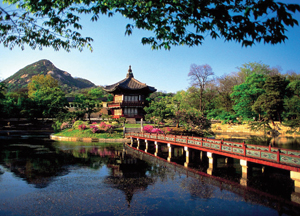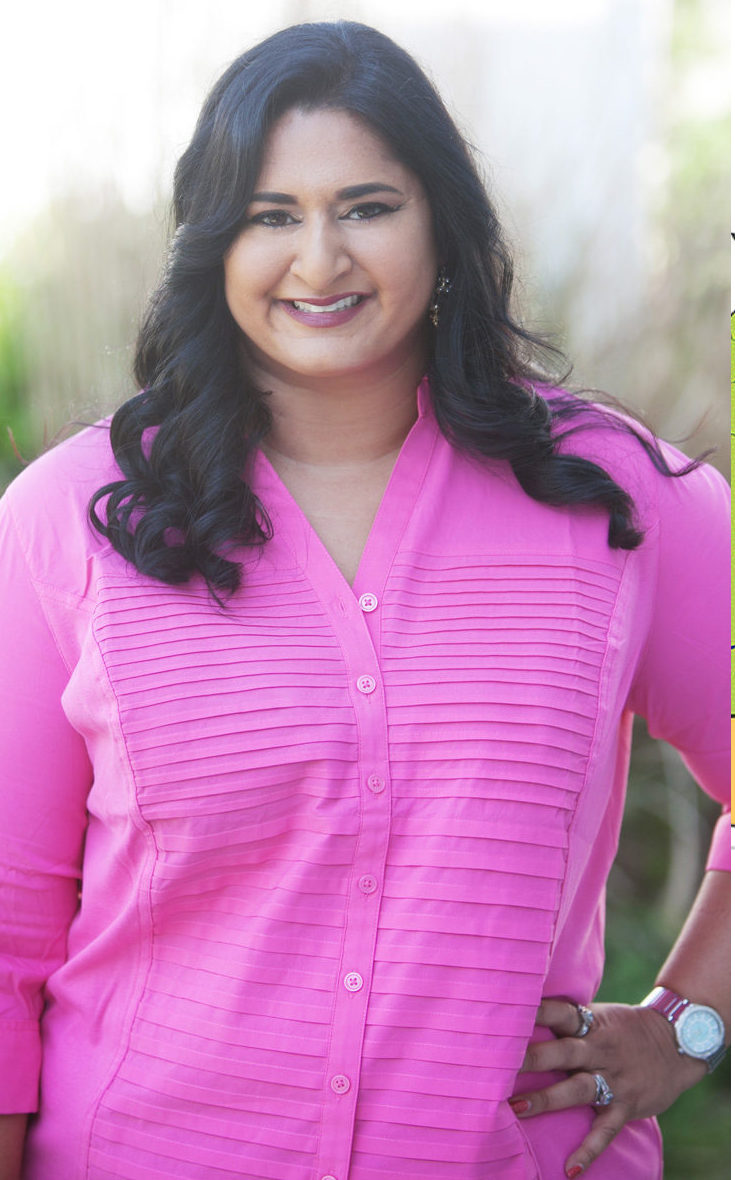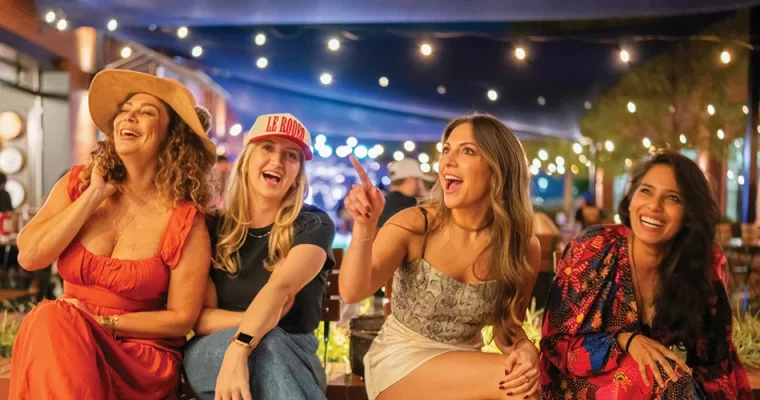There is a reason why the South Koreans call their capital city Seoul – because it is city of soul mates, seriously. Traveling to this city with three other girlfriends on a group study exchange, we learned early on that not being a twosome at times meant you’re solely at a disadvantage. Strolling down the heavily hip center streets of the city, every restaurant is packed with couples, feeding each other and giggling over the menu. Public parks are covered in every corner with sweethearts stealing smooches – away from the watchful eyes of parents who pray in nearby temples trusting that their youngsters outside are on their best behavior. On the walkways along the romantic Cheonggyecheon Stream, the new hot tourist spot beneath the artistic bridges that connect the roaring traffic above, lovers wander hand in hand past local street musicians amongst the dramatic lights at night. In May, the city celebrates Buddha’s birthday with a giant street parade complete with floats with dragons and golden statues. As my girlfriends and I shuffle through the crowd and try to find a restaurant with a window-view facing the action, we notice a welcoming sign: “Twosomes…Come enjoy!” Okay, we get the picture.
So how did we navigate through Korea without male traveling companions? We smiled a lot. We also learned local customs to try and blend in. During our visits to Korean provinces such as Yangpyeong, Gapyeong, Namyangje, Guri and Hopyeong, we observed how men and women interact.
Our first stop was the Samsung headquarters in the office park of Seocho-gu. Koreans are very cutting-edge with their innovation; their flashy gadgets and slick cellphones are displayed all over the inside the building. Both men and women dress sharply and greet you for a tour with an all-businesses attitude. However, no matter how progressive they are in the workplace, it seems that after work, the traditional male and female gender roles kick in at the dinner table. The men largely doing all the ordering of multiple side dishes, shabu-shabu meats and exotic seafood like sea urchin and octopus. No one at the table serves oneself anything to drink except water. The pouring of drinks, including Cass and Hite beer and the local ‘vodka’ Soju, is done by the host. The person pouring uses one hand, usually the right, and the other hand lies on the right arm or across the chest. You, in turn receive the drink by placing both hands on the glass and lowering your head, almost in a bow. This ritual is a sign of respect and gratefulness.
Once you are full, you can stand up only after your host does (did I mention most likely you’ll be eating your meal on the floor cross-legged?) and walk to the exit. The big thing is to remember to put your shoes back on heading out. Koreans do not permit anyone in their houses or Korean-style restaurants with shoes that have touched the ground outside.
The rules are even clearer at Panmunjeom, The DMZ. This is the physical area where the United Nations and U.S. Army protect the line separating North and South Korea. We were strictly warned not to chew gum, make any gestures such as pointing or reaching, attract attention to ourselves with loud voices or laughter or even wear designer clothing. Anything we did along those lines could be photographed or targeted as propaganda and used by the North Koreans. South Koreans and the U.S. military are very particular about these rules to insure your safety. Upon exiting the North Korean border (which we crossed for about six minutes) you’re not allowed to look back.
We felt a little more at ease at the outdoor markets because that’s where women take the lead in finding a good bargain, especially at the Insadong or Myeongdong markets. These crowded bazaars present opportunities to play your best hand at striking a deal with the most bizarre vendors selling trinkets, chopsticks, pottery and jade. If you’re good, word gets around and everyone wants a piece of your action. Whether it comes in the form of your money is another story (sometimes shopkeepers are known to take jewelry, cigarettes or the clothes off your back in exchange for their items), but all is fair game when it comes to a good trade.
If you need to take a break following all the customs of Korea, you can jump into a cab to Itaewon. More ex-pats, service men stationed in Korea and foreigners hang out here and English is widely spoken. All the cues, accents and food are recognizable, and you’ll feel at ease watching America’s finest two-step to country while other single travelers – men and women – join you on barstools winking with familiar cues while you smile back, drinking a cold one – which you poured for yourself.

 Krisha Chachra served eight years on the Blacksburg Town Council and has written for NRV Magazine for a decade. She is a member of The Mama Movement and a proud mom to a curious toddler. Krisha is a community advocate and connector and runs an event production organization that hosts Up on the Roof. Krisha has reported and hosted shows for public radio and television and has freelanced for USA Weekend Magazine, the Honolulu Advertiser and the Alexandria Gazette among others. Her book about returning to Blacksburg, Homecoming Journals, may be found online or in local bookstores.
Krisha Chachra served eight years on the Blacksburg Town Council and has written for NRV Magazine for a decade. She is a member of The Mama Movement and a proud mom to a curious toddler. Krisha is a community advocate and connector and runs an event production organization that hosts Up on the Roof. Krisha has reported and hosted shows for public radio and television and has freelanced for USA Weekend Magazine, the Honolulu Advertiser and the Alexandria Gazette among others. Her book about returning to Blacksburg, Homecoming Journals, may be found online or in local bookstores.
Recent Comments